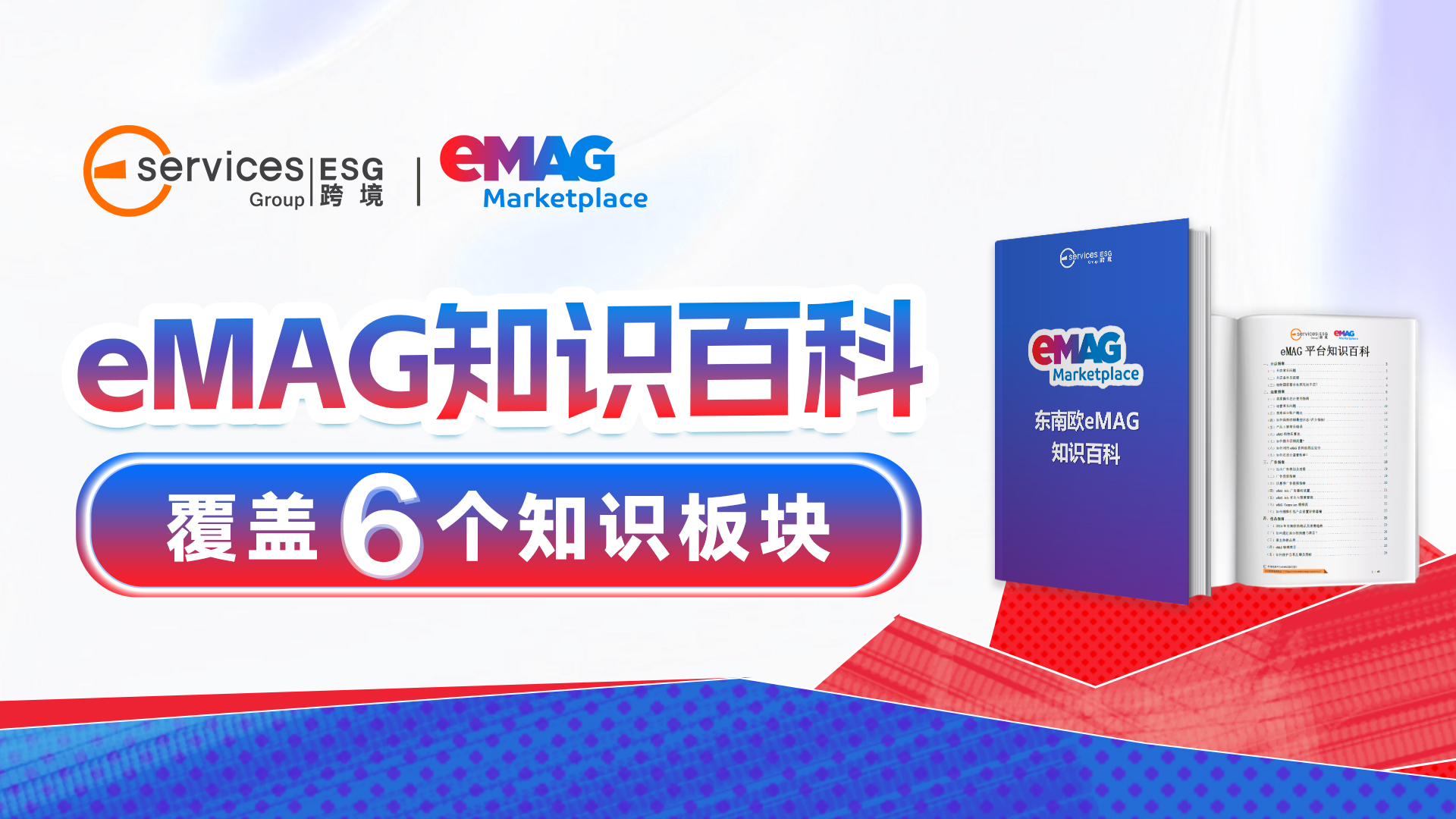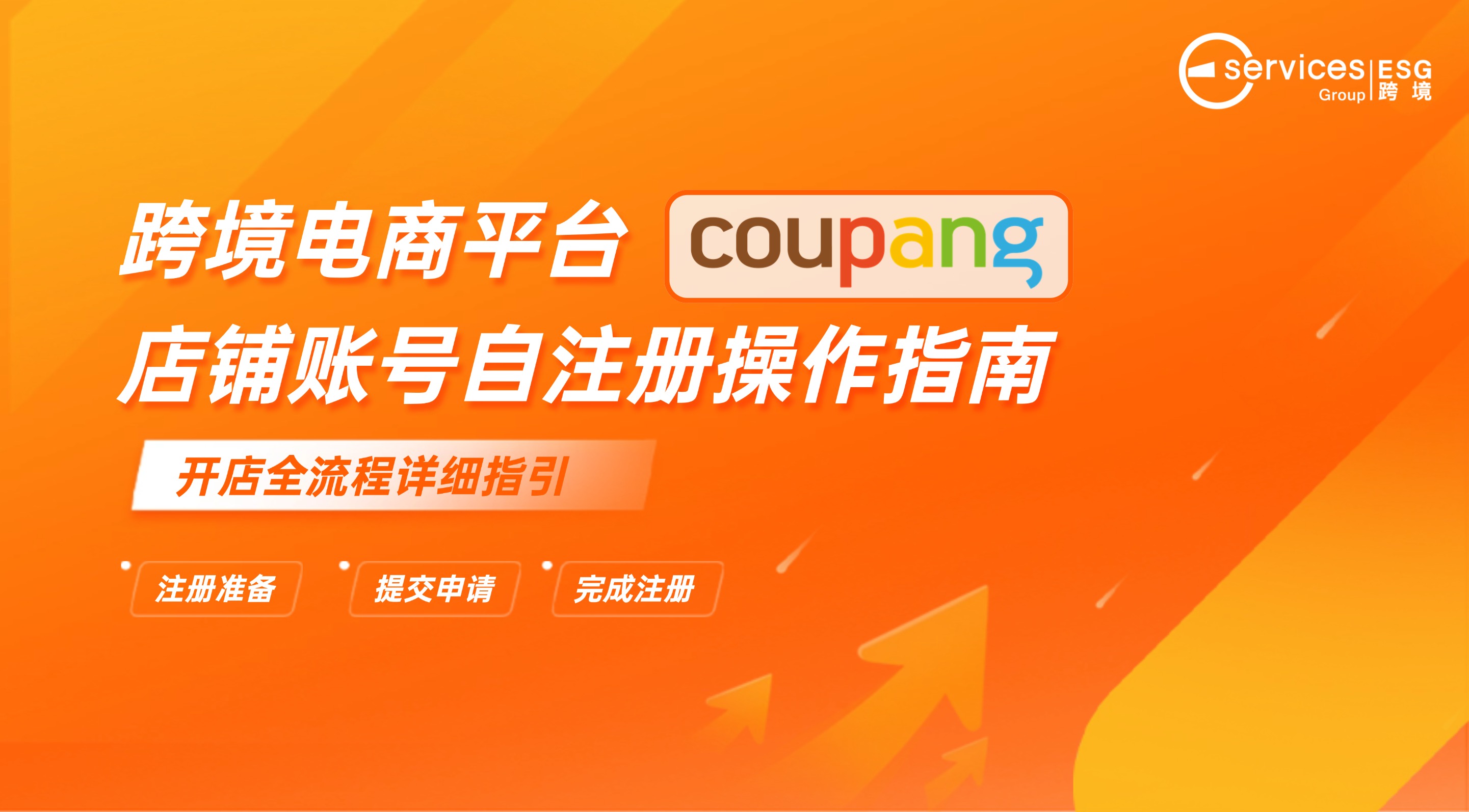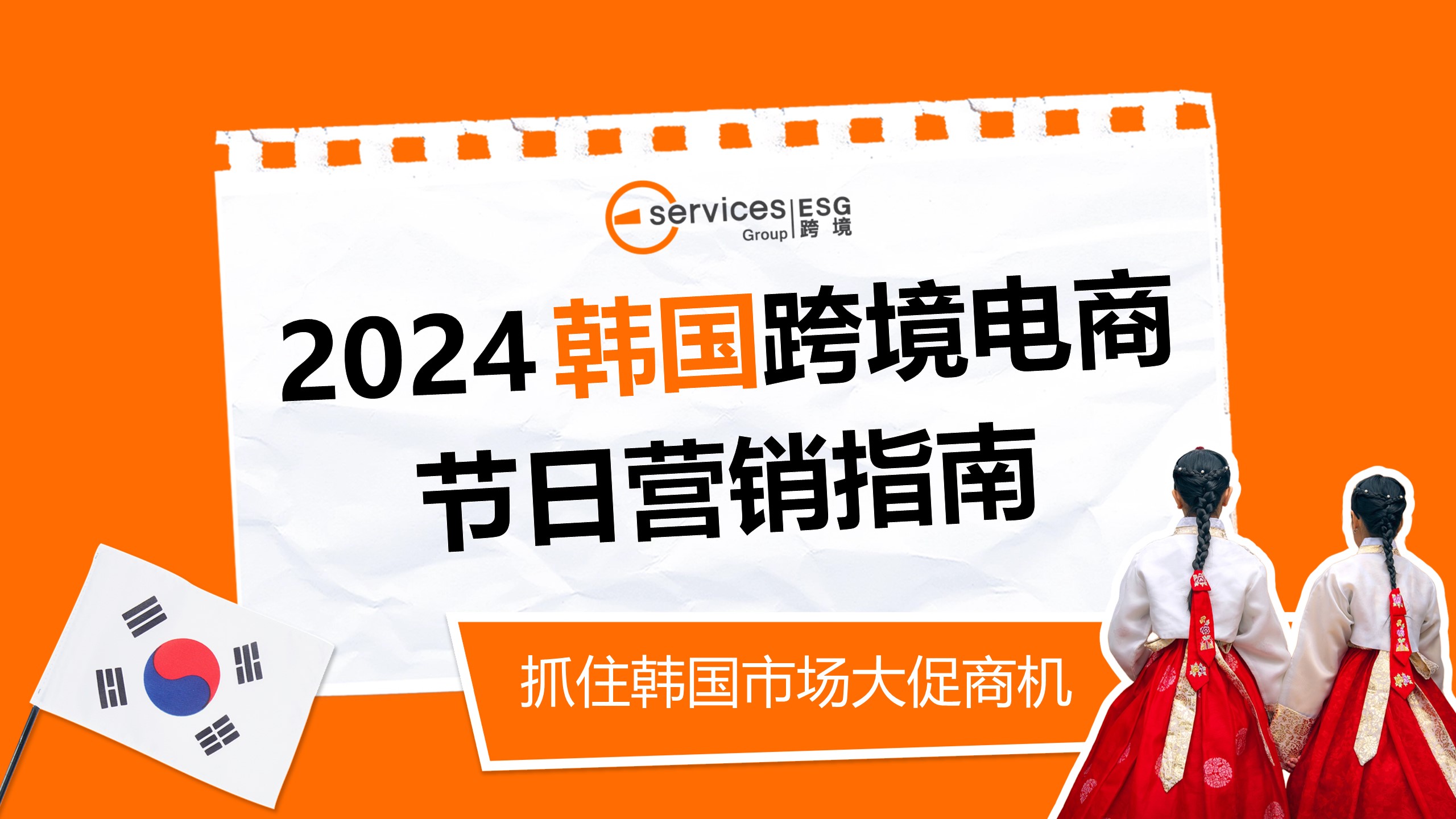發往亞馬遜運營中心的商品入庫問題一覽表part one
入庫問題一覽概括說明了在發往亞馬遜運營中心的貨件中發現的問題。要查看貨件級別的具體詳細信息,請轉至入庫問題報告。
入庫問題一覽
入庫問題一覽概括說明了在發往中心的貨件中發現的問題。要查看貨件級別的具體詳細信息,請轉至入庫問題報告。
字段定義
| 問題 | 發往運營中心的貨件中發現的問題類型 |
| 問題 SKU | 有問題的商品數量 |
| 問題商品數量 | 具有已發現問題類型的商品數量 |
| 已接收商品總數 | 某個時間段內接收的商品總數 |
| 已接收商品百分比 | 具有已發現問題類型的已接收商品所占的百分比 |
【需要預處理】 - 您貨件中的一件或多件商品不符合亞馬遜物流 (FBA) 的預處理要求。如果您的商品存在以下一個或多個問題,亞馬遜將需要對其進行預處理,以便運營中心接收商品并將其放入您的可售庫存中。
| 問題 | 描述 |
|---|---|
| 需要使用聚乙烯塑料袋包裝 | 商品未進行袋裝,需要裝袋來防塵和防止殘損。 |
| 需要使用氣泡膜包裝 | 商品未進行氣泡膜包裝,需要采用氣泡膜包裝來防止殘損。 |
| 不透明袋包裝 | 商品是成人用品,需要采用不透明袋包裝。 |
| 需要使用膠帶封裝 | 商品需要進行封裝。包含可拆卸零件的商品需要封裝,以保證零件在配送過程中不會丟失。未密封的聚乙烯塑料袋和氣泡膜包裝必須進行封裝,以防商品掉出。 |
| 缺少窒息警告 | 商品裝在開口大于 5 英寸的聚乙烯塑料袋中,但未提供窒息警告。 |
安全/包裝問題 - 您的商品在到達亞馬遜運營中心時發現特定的安全或包裝問題。
| 問題 | 描述 |
|---|---|
| 貨件箱過大 | 您貨件中的一個或多個箱子超出了最大尺寸要求。請參閱運輸和路線安排要求的“箱子尺寸”部分。 |
| 貨件箱超重 | 您貨件中的一個或多個箱子超出了最大重量要求。請參閱運輸和路線安排要求的“箱子重量”部分。 |
| 托拍狀況不合格 | 您的托拍貨件不符合我們的貨車荷載貨件要求。 |
| 尖銳商品危害 | 您貨件中的一件或多件商品是不符合我們包裝尖銳商品要求的尖銳商品。 |
| 易外溢商品危害 | 您貨件中的一件或多件商品包含了不符合我們包裝液體、乳膏、凝膠和乳霜要求的易外溢商品。 |
| 填充物(包裝材料)不當 | 您貨件中的一個或多個箱子使用了不合適的包裝材料。請參閱運輸和路線安排要求的“包裝材料”部分。 |
| 電子商品危害 | 您貨件中的一個或多個商品是未正確包裝的電子產品。 |
| 貨件箱上未提供貨件編號 | 您貨件中的一個或多個箱子上未貼有亞馬遜物流貨件編號標簽。您發往運營中心的每個箱子都必須貼有貨件編號標簽。 |
目錄問題 - 商品信息不符合我們的目錄要求。
| 問題 | 描述 |
|---|---|
| 需要更改商品名稱 | 您的商品名稱不符合亞馬遜物流商品名稱要求或與商品標簽不符。 |
商品數量 - 您發往運營中心的商品數量與您在入庫計劃中列出的商品數量不符。
| 問題 | 描述 |
|---|---|
| 發現與預期不符的商品 | 您貨件中的一件或多件商品未在您的入庫計劃中列出。 |
| 出現多余商品 | 您貨件中包含的商品多于入庫計劃中列出的商品。 |
| 商品或貨件運送至錯誤的運營中心 | 您的商品或貨件發送到了與入庫計劃中指定的運營中心不同的另一個運營中心。 |
| 商品送達時已殘損 | 您的商品在送達運營中心時已殘損,且無法添加到可售庫存。 |
分布式庫存配置問題 - 發送到亞馬遜運營中心的商品數量與賣家平臺中計劃的數量不符。
| 問題 | 描述 |
|---|---|
| 收到的商品數量多于預期數量 | 您貨件中包含的商品數量超過我們的預期數量。 |
| 收到的商品數量少于預期數量 | 您的貨件中包含的商品數量少于我們的預期。 |
提示: 為避免日后出現這些問題。請查看所有貨件,以確保商品數量與您向亞馬遜報告的預期數量相同。若此問題未得到解決,可能會導致接收商品出錯或延遲。
上報績效反饋 - 如果在符合貨件要求方面反復出現問題,可能會導致亞馬遜暫停您創建和修改發往運營中心的貨件的權限。
| 問題 | 描述 |
|---|---|
| 商品/貨件預處理錯誤 | 您貨件中的一件或多件商品不符合我們的包裝和預處理要求或運輸和路線安排要求。要恢復您的貨件創建和修改權限,您可能需要與我們的運營團隊先預約進行電話溝通。 |
提示: 也請確保您的供應商和承運人了解并遵守亞馬遜物流要求。這將確保運營中心高效、準確地接收和儲存您的庫存。
重要: 如果由于本頁面上詳細描述的任何問題導致您的庫存接收出現問題,我們將執行計劃外服務(費用由您承擔)以處理您的商品并將其放入可售庫存中。
我們會在賣家平臺的以下位置提供有關您貨件所存在的任何問題的貨件級別詳情:
貨件處理進度
入庫問題一覽
入庫問題報告
額外指導或商品預處理工作需要資源。如果同類問題反復出現,亞馬遜將提升您的指導級別(標準、提升、重要)。有關詳細的指導級別提升以及不同問題類型相應的糾正措施,請訪問績效指導。
字段定義和示例
| 績效測評單位 | 問題是屬于商品級別、包裝箱級別還是貨件級別 |
| 問題組 | 我們將相似的問題分組。例如:
問題發生率計算和指導級別升級均基于問題組。 |
| 問題類型 | 對貨件中發現的任何問題的詳細描述 |
| 指導級別 | 特定問題組的指導級別:標準、提升或重要。 |
| 問題商品數量 | 具有已發現問題類型的商品的數量 |
| 入庫問題提醒總數 | 按問題類型劃分的績效提醒數量 |
| 計劃外服務費用總額 | 按問題類型收取的計劃外服務費用 |
| 貨件問題詳情 | 具體貨件級別的問題詳情 |
注意: 請觀看我們的視頻,了解如何避免這些問題: 貨件安全要求。
| 問題類型 | 問題描述 | 如何避免該問題 |
|---|---|---|
| 貨件箱超重 | 您的貨件中的一個或多個箱子超出了最大重量限制。 | 將箱子發往運營中心之前,請先進行稱重。箱子不得超過 50 磅的標準重量限制,除非內含單件重量超過 50 磅的大件商品。內含珠寶首飾或鐘表的箱子不得超過 40 磅。 對于單個大件商品,請務必在箱子頂部和側面貼上以下標簽中的一個:
有關更多信息,請參閱運輸和路線安排要求 |
| 貨件箱過大 | 您的貨件中的一個或多個箱子超出了最大尺寸限制。 | 將箱子發往運營中心之前,請先進行測量。
*標準尺寸商品包括所有包裝后重量不超過 20 磅,最長邊不超過 18 英寸,次長邊不超過 14 英寸,最短邊不超過 8 英寸的商品。 有關更多信息,請參閱:
|
| 問題類型 | 問題描述 | 如何避免該問題 |
|---|---|---|
| 電子商品危害 | 您貨件中的一個或多個商品為未正確包裝的電子產品。 | 妥善包裝電池和硬盤,以防出現電擊、短路和火花。
有關更多信息,請參閱
|
| 尖銳商品危害 | 您的貨件中的一個或多個商品包含包裝不當的尖銳商品。 | 尖銳商品必須妥善包裝,使鋒利或帶尖的邊緣在配送過程中不會暴露出來。
有關更多信息和操作視頻,請參閱:
|
| 易外溢商品危害 | 您貨件中的一件或多件商品可能外溢。其中包括:
| 會外溢的商品可能會在配送過程中或儲存時造成殘損。
有關更多信息,請參閱 包裝液體、乳膏、凝膠和乳霜。
有關跌落測試說明和其他信息,請參閱打包球狀、粉狀和顆粒商品。
有關更多信息(包括操作視頻),包裝和預處理要求中的“散裝商品”部分。 |
| 問題類型 | 問題描述 | 如何避免該問題 |
|---|---|---|
| 托拍狀況不合格 | 無法正確卸載和接收托拍。 | 堆疊
重量和尺寸
包裝和貼標
有關更多信息,包括有關創建托拍的操作視頻,請參閱有關汽運零擔、整車運輸和整箱裝載貨件的賣家要求 |
| 問題類型 | 問題描述 | 如何避免該問題 |
|---|---|---|
| 包裝材料(填充物)不當 | 您貨件中的一個或多個箱子包含不可接受的包裝材料。 | 請務必使用合適的填充物,以便我們可以快速接收您的商品,并保護我們的員工免受傷害。 禁止使用以下包裝材料:
允許使用的包裝材料包括:
有關更多信息,請參閱運輸和路線安排要求的“包裝材料”部分。 |
| 問題類型 | 問題描述 | 如何避免該問題 |
|---|---|---|
| 包裝箱上沒有貨件編號或貨件編號無法掃描 | 您貨件中的一個或多個箱子上未貼有亞馬遜物流貨件編號標簽或者標簽無法掃描。 | 您發往運營中心的每個箱子都必須貼有貨件編號標簽。在發送貨件之前,請確保標簽未被覆蓋、完全可見且可掃描。標簽要求
標簽尺寸和位置
|
Inbound Performance Summary
The Inbound Performance Summary provides an overview of problems identified with shipments to Amazon fulfillment centers. To see specific shipment-level details, go to the Inbound Performance report.
Field definitions
Problem The type of problem identified with your shipment to the fulfillment center Problem SKUs The number of products that had problems Problem units The number of units with the identified problem type Total units received The total number of units received during the time period Percent of units received The percentage of units received with the identified problem type
Prep required - One or more of the products in your shipment did not meet the preparation requirements for Fulfillment by Amazon (FBA). If your product has one or more of the problems below, Amazon will need to prep it so it can be received at the fulfillment center and placed in your sellable inventory.
Problem Description Poly bagging required The unit was not bagged and required bagging to protect it from dust and damage. Bubble wrap required The unit was not bubble wrapped and required bubble wrap to protect it from damage. Opaque bagging The unit is an adult product and required opaque bagging. Taping required The unit required taping. Products that have loose parts should be taped so the parts are not lost during the fulfillment process. Unsealed poly bags and bubble wrap must be taped to keep the product from falling out. Suffocation warning missing The unit was in a poly bag with an opening larger than 5 inches and did not include a suffocation warning.
Safety/packaging issues - Specific safety or packaging problems were identified when your product arrived at the fulfillment center.
Problem Description Shipping box oversized One or more of the boxes in your shipment exceeded the maximum size allowed. See the "Box dimensions" section of Shipping and routing requirements. Shipping box overweight One or more of the boxes in your shipment exceeded the maximum weight allowed. See the "Box weight" section of Shipping and routing requirements. Unacceptable pallet condition Your pallet shipment did not meet our requirements for truckload shipments. Sharp products hazard One or more of the items in your shipment was a sharp product that did not meet our requirements for packaging sharp units. Spilled products hazard One or more of the items in your shipment contained a spillable product that did not meet our requirements for packaging liquids, pastes, gels, and creams. Improper dunnage (packing materials) One or more of the boxes in your shipment included improper packing materials. See the "Packing materials" section of Shipping and routing requirements. Electrical products hazard One or more of the products in your shipment was an electrical product without proper packaging. Shipment ID was not included on shipping box(es) One or more of the boxes in your shipment did not have an FBA shipment ID label. Each box you send to a fulfillment center must have a shipment ID label.
Catalog issues - The product listing did not meet our catalog requirements.
Problem Description Product title change required Your product title did not meet the FBA product title requirements or did not match the product label.
Unit quantity - The number of items you sent to the fulfillment center was different than what you listed in your shipping plan.
Problem Description Unexpected item found One or more of the items in your shipment were not listed in your shipping plan. Additional quantities encountered Your shipment contained more units than you listed in your shipping plan. Product or shipment sent to the wrong fulfillment center Your product or shipment was sent to a different fulfillment center than what was specified in your shipping plan. Product damaged upon arrival Your product arrived damaged at the fulfillment center and could not be received into your sellable inventory.
Distributed inventory placement issues - A quantity other than what was planned in Seller Central has arrived at the fulfillment center.
Problem Description More items received than expected Your shipment contained more items than we expected. Fewer items received than expected Your shipment contained fewer items than we expected. Tip: To avoid these problems in the future, review all shipments to make sure the number of units is the same as the expected quantity you reported to Amazon. Failure to address this problem can cause errors or delays in receiving your products.
Escalated performance feedback - Repeated problems complying with shipment requirements may cause Amazon to suspend your ability to create and modify shipments to fulfillment centers.
Problem Description Unit/shipment preparation errors One or more of the units in your shipment did not meet our Packaging and prep requirements or Shipping and routing requirements. Amazon may require you to schedule a phone call with our operations team before we can reinstate your shipment creation and modification privileges. Tip: Make sure your suppliers and carriers understand and comply with FBA requirements, too. That will enable efficient and accurate receipt and storage of your inventory at the fulfillment center.
Important: When there are problems receiving your inventory because of any of the problems detailed on this page, we perform unplanned services — at your cost — to process your products and place them in your sellable inventory.
We provide shipment-level details of any problems with your shipments in the following Seller Central locations:
Shipping Queue
Inbound Performance Summary
Inbound Performance report
Additional coaching or product prep requires resources. For repeated problems in the same problem group, Amazon will escalate your coaching level (Standard, Elevated, Critical). For details about coaching level escalations and their corresponding corrective actions by problem type, visit Performance coaching.
Field definitions and examples
Performance measurement unit Whether the problem occurred at the unit, box, or shipment level Problem group We group similar problems. For example:
Safety issues - box related
Label missing - box related
Problem rate calculation and coaching level escalations are based on the problem group.
Problem type Detailed description of any problem identified with your shipment
Coaching level The coaching level for a particular problem group: standard, elevated, or critical. Problem units The number of units with the identified problem type Total inbound performance alerts The number of performance alerts by problem type Total unplanned service fees Unplanned service fees charged by problem type Shipment problem details Specific shipment-level details of the problem Note: Watch our video on how to avoid these problems: Shipment safety requirements.
Problem type Problem description How to avoid the problem Shipping box overweight One or more of the boxes in your shipment exceeds the maximum weight allowed. Weigh your boxes before sending them to a fulfillment center. Boxes must not exceed the standard weight limit of 50 lb, unless they contain one single oversized item that exceeds 50 lb. Boxes containing jewelry or watches must not exceed 40 lb.
For single oversized items, be sure to attach one of the following labels on the top and sides of the box:
Team Lift: for boxes that exceed 50 lb
Mechanical Lift: for boxes that exceed 100 lb
For more information, see Shipping and routing requirements
Shipping box oversized One or more of the boxes in your shipment exceeds the maximum dimensions allowed. Measure your boxes before sending them to a fulfillment center.
Boxes containing multiple standard-size units* should not exceed 25 inches on any side.
UPS allowances for larger box dimensions and weight do not apply to boxes containing multiple standard-size* units.
*Standard-size includes any packaged item that weighs 20 lb or less, has dimensions of 18 inches or less on its longest side, 14 inches or less on its median side, 8 inches or less on its shortest side.
For more information, see:
Shipping and routing requirements
Product size tiers
Problem type Problem description How to avoid the problem Electrical products hazard One or more of the products in your shipment was an electrical product without proper packaging. Package batteries and hard drives to prevent shocks, shorts, and sparks.
Batteries must be packaged so their terminals do not touch during any part of the fulfillment process. Unprotected battery terminals can lead to shorts or sparks.
Hard drives must be packed in anti-static packaging to prevent shorts or static shock.
For more information, see
Dangerous goods identification guide
Packaging batteries
Requirements for lithium batteries and products that are shipped with lithium batteries
Sharp products hazard One or more of the products in your shipment was an incorrectly packaged sharp item. Sharp items must be packaged so sharp edges or points will not become exposed during the fulfillment process.
Sharp items such as blades must be covered to prevent them from injuring customers or fulfillment center associates.
Fragile items must either be packaged in a box that has six solid sides or completely secured in bubble wrap.
For more information and how-to videos, see:
Packaging sharp units
Packaging glass ceramic breakable and fragile units
Spilled products hazard One or more of the products in your shipment was an item that can spill. These include:
liquids
pellets
powders
granules
loose products
Products that can spill may cause damage during shipping and when stored.
Liquids: Products containing liquids without a double seal, including viscous products such as honey, must be packaged securely to prevent the product from spilling.
For more information, see Packaging liquids, paste, gels, and creams.
Dry goods:: All items containing dry goods such as pellets, powders, or granular substances must be able to withstand a 3-foot drop test without the contents of the container leaking or spilling. Products that cannot withstand the drop test must be packaged in poly bags.
For drop-test instructions and additional information, see Packaging pellets, powders, and granular products.
Loose products: Items contained in loose packaging such as sleeves, pouches, or unsecured bags or boxes may be separated during the fulfillment process. These items must be bagged or secured with a non-adhesive band or removable tape.
For more information, including a how-to video, see the "Loose products" section of Packaging and prep requirements.
Problem type Problem description How to avoid the problem Unacceptable pallet condition Pallets cannot be properly unloaded and received. Stacking
Place heavier boxes on the bOTTOm so they do not damage boxes containing lighter products beneath them.
Stacked pallets should be able to stand on their own without support.
Weights and dimensions
Single pallets must not be taller than 72 inches, including the height of the pallet, unless it is a single unit.
Use 40 x 48 inch, four-way access, wooden pallets that are in good condition.
The contents must not overhang the pallet edge by more than 1 inch.
Total weight of the pallet must not exceed 1,500 lb.
Packaging and labeling
All pallets must be wrapped in plastic with a "do not break stretch wrap" or "do not break down" notification to the carrier.
Each box on the pallet must have an FBA box ID label.
Each wrapped pallet must have an FBA pallet label on each of the four sides, in the center and near the top.
For more information, including a how-to video on building pallets, see Seller requirements for LTL, FTL, and FCL deliveries
Problem type Problem description How to avoid the problem Improper packing materials (dunnage) One or more of the boxes in your shipment contained unacceptable packing materials. Be sure to use appropriate dunnage so we can receive your products quickly and protect our associates from injury. The following packing materials are not allowed:
All types of packing peanuts
Crinkle wrap
Shredded paper
Accepted packing materials include:
Foam sheets or cushioning
Air pillows
Bubble wrap
Full sheets of paper
For more information, see the "Packing materials" section of Shipping and routing requirements.
Problem type Problem description How to avoid the problem Shipment ID was not included or is unscannable on shipping boxes One or more of the boxes in your shipment did not have an shipment ID label, or the label could not be scanned.
Each box you send to a fulfillment center must have a shipment ID label. Make sure the labels are uncovered, fully visible, and scannable before sending your shipment. Label requirements
Print the full set of labels. Because each label is unique, do not photocopy, reuse, or modify labels for use on additional boxes.
Each box in the shipment must have its own FBA shipment ID label.
We recommend you print the labels from your Shipping Queue. As an alternative, you can create your own labels, but they must match the Amazon Marketplace Web Service shipping label specifications.
If you are shipping multiple case packs in a master box, apply the unique shipment ID label on the master box. You don't need to apply labels to the individual case packs inside the master box.
If your shipment is on pallets, each box on the pallet must have its own shipment ID label.
Label dimensions and placement
Labels must measure 3 1/3 x 4 inches.
Both the FBA shipment ID label and the carrier label (UPS, FedEx, or other) should be placed on a flat surface of the box. Do not place labels on a seam or an opening on the box, or over edges or corners because the labels could be damaged when the box is opened.
Both labels must remain uncovered and fully visible.
For more information, see Send/replenish inventory to Amazon
特別聲明:以上文章內容僅代表作者本人觀點,不代表ESG跨境電商觀點或立場。如有關于作品內容、版權或其它問題請于作品發表后的30日內與ESG跨境電商聯系。
二維碼加載中...
使用微信掃一掃登錄
使用賬號密碼登錄
平臺顧問
微信掃一掃
馬上聯系在線顧問
小程序

ESG跨境小程序
手機入駐更便捷
返回頂部










 市場合作:shichangbu@eservicesgroup.com
市場合作:shichangbu@eservicesgroup.com





